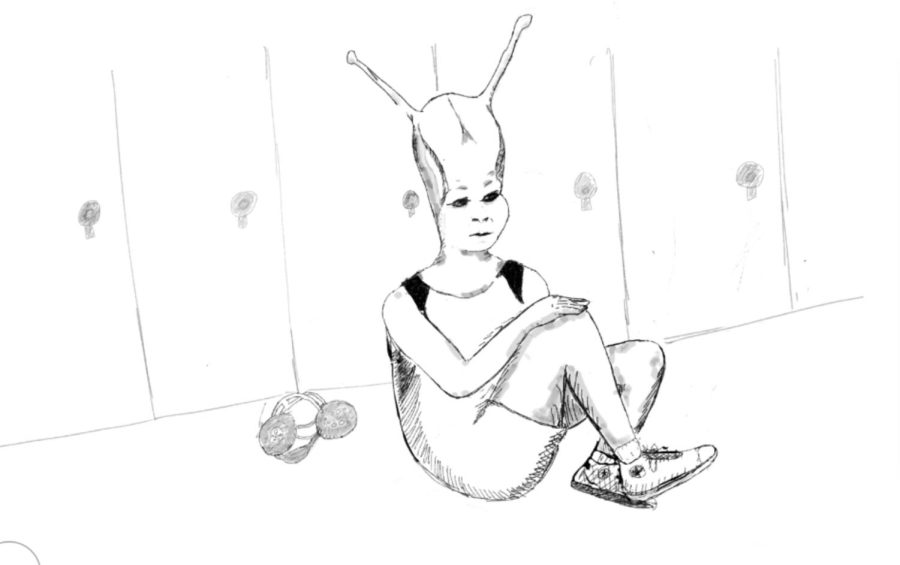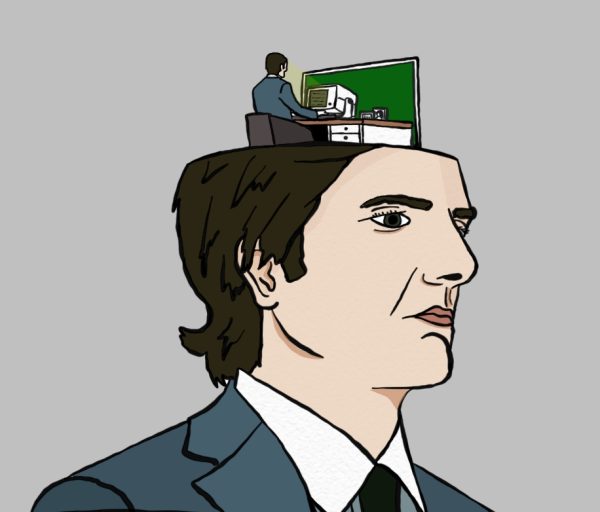Dear struggling athletes, it’s time to take a break…just do it
Over the years, sports have become an integral part of many teenage lives, and for good reason. In addition to supporting weight control and cardiovascular health, physical activity stimulates the brain, improving cognitive function and overall mood. Increased physical and mental health is associated with a decreased risk of developing type two diabetes and several types of cancers. Not only do youth athletes build nutritional and physical awareness from a young age, they also gain social experiences. Teens bond with their teammates through hours of rigorous training and practice, building friendships as well as healthy competition. Sport involvement requires both physical and mental commitment, which educates student athletes about time management when it comes to balancing schoolwork with training hours.
There often come times when a lot of involvement becomes overwhelming. Most athletes neglect rest and push through because they associate their sport performance with their self worth. While pressure from coaches, parents, peers, and most of all, themselves, fuels their performance, too much can cause burnout.
Signs include constant fatigue, lack of enjoyment, decreased confidence, and the feeling of the desire to quit. This is when athletes try to persevere through their emotional and physical troubles, continuing to overtrain and neglect rest. This can lead to injury, illness, and poor mental health, forcing them to take a longer break than the ones they had been trying to avoid all along.
Taking a break has always been controversial in the athletic world. It causes panic amongst athletes because they fear losing their stamina, strength, and physical fitness. There have been many professionals who failed to come back after taking a break, whether due to physical trauma from injury or inability to get back in shape. The stigma of falling behind and becoming worthless lurks around the concept of rest, which is why athletes try to steer clear of it, continuing to overwork their bodies and overload their brains.
Jordy DeMott, a junior basketball player, offers some insight on dealing with burnout as an athlete.
“Every athlete deals with some sort of burnout, but I think being able to have small breaks helps players fall in love with their sport more,” DeMott said. “Athletes are human as well and deserve rest and time to get out and have fun with friends.”
Not only is this super important for teenagers, but even professional athletes take note of this as well. Athletes like Simone Biles decided to quit the Olympics to focus on her mental health. She revealed how the burden of dealing with being a victim of sexual abuse increased the pressure she felt in Tokyo, which she mentioned on an Instagram post.
“This Olympics doesn’t erase the past accomplishments I’ve achieved, nor does it define who I am as an athlete,” Biles said. “I’ve pushed through so much the past couple years.”
Yet mental health begins with mentality, especially with athletes. To break the toxic all-or-nothing approach to training, coaches and mentors should educate older athletes about listening to their bodies. Athletes reach a point in their sports lives where extensive drilling and ignoring the pain does more harm than good. Letting the body take a deep breath and the mind to settle helps the two connect. Therefore, rest, however brief or long it may be, should be encouraged to allow athletes to take a step back to realize and understand their unmet needs. This can also be a time for them to realize that they are humans and not just athletes, for students to enjoy other hobbies and connect with friends outside of their sport.
By establishing a more human approach to sports, athletes become more mindful of their bodies and themselves as a whole. When athletes are on the verge of or overcome by burnout, rest should be seen as a valid option rather than a shameful crime. Honoring the needs of the mind and body are crucial to an athlete’s success in sports.
Hello there! Our goal is to provide relavent, engaging journalism for readers of all ages. Your donation will support the student journalists of the Wolfpacket at Claremont High School, and will allow us to purchase equipment, print our monthly issues, and enter in journalism competitions. We appreciate your consideration!

Enya Wang is a junior at CHS and this is her second year on the Wolfpacket staff. She joined as a Reporter in freshman year with a passion for writing,...

Jocelyn Hannan is a Junior and a reporter for the Wolfpacket. She loves to watch movies like Harry Potter, Marvel, Star Wars, and even Jordan Peele and...












